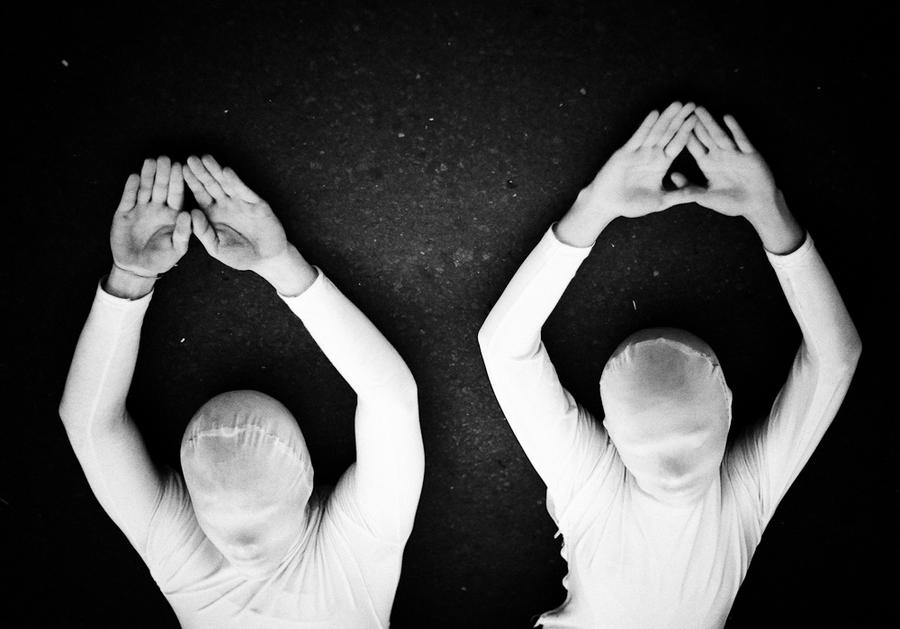Why the sudden interest in Malaysia? As part of the Department of Foreign Affairs and Trade's Cultural Exchange program, six young Muslims from Australia are partaking in an exchange program in order to deepen cultural understanding. I have the immense honour of being one of the participants of said initiative.
Traveling through Kuala Lumpur over the last couple of days and engaging in deep and meaningful conversations with various Malaysians has been an enlightening experience indeed.
What has emerged from the conversations?
To an outsider, it seems there is an underlying undercurrent of confusion and frustration in the Malaysian population about identity, politics and religion.
***
It is important to start with the understanding that Malaysia is made up of three main ethnic groups; Malays, Chinese and Indian.
The Malays are the majority, and they are also defined in the nation's constitution as those who are Muslim and speak Bahasa Maleyu.
If you are Malay, you are entitled to many privileges under the 'Bumiputera' policies.
This leads to an interesting dilemma.
1. If a nation is seeking to be truly multicultural, an affirmative action law that racially privileges one over the others makes life difficult for those in the minority (Malays make up just under 60% of the population). What then is a 'Malaysian' exactly?
2. If the criteria to be a Malay includes being a Muslim, how does a nation separate 'Mosque' and 'State'? Does the religion simply become part of an identity of a race rather than a true spiritual practice? How do minorities fit in a society that only 'accepts' one standard version of Islam?
These are the two questions that have been at the root of many of our conversations. It seems clear that the issues are far from resolved, and the results of the recent election raise more questions than they answer.
***
There is much more to be said and shared, but this is only the beginning of the program, and I am weary of making judgements that may be unfair.
Observationally though, it seems there is an insecurity around the idea of identity, of what it means to be 'Malaysian', both individially for Malaysians and for the nation itself. It is clearly still a country that is journeying through the nation building process.
What is concerning is the politicisation of Islam and the use of the religion for political gain, or on seemingly superficial matters. This is one such example.
What this means for the future of the nation, particularly one where the opposition is a coalition of the PKR, PAS and DAP parties (i.e. Muslim Malays and Chinese Malaysians who are varied) is interesting and unknown.
***
I will no doubt learn and reflect more as the week goes by. What are your thoughts though, on how Malaysia deals with the issues of identity, as a nation and individually?





















